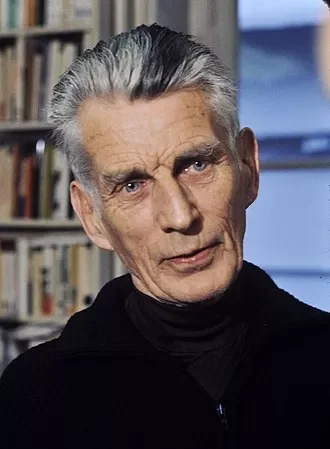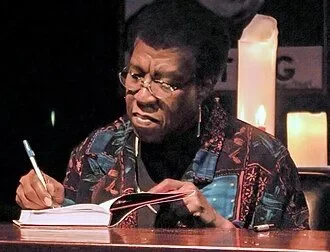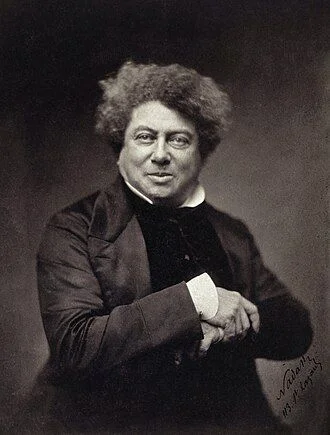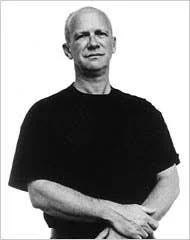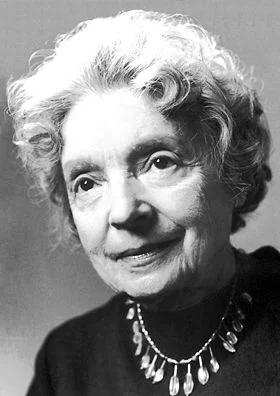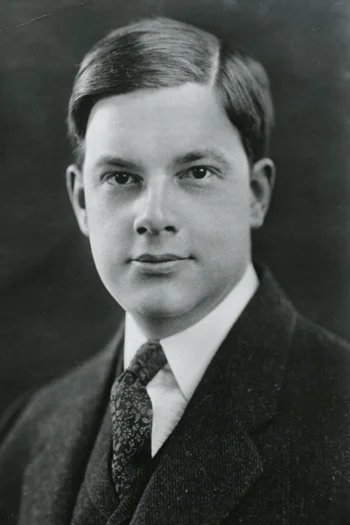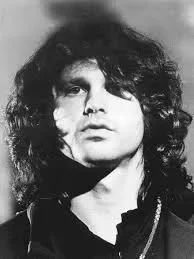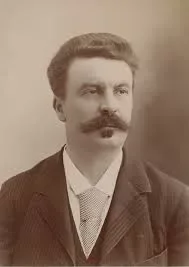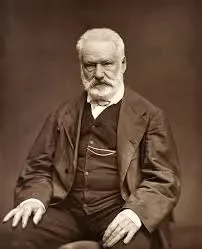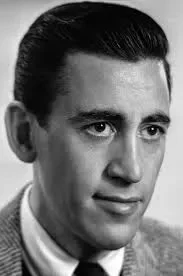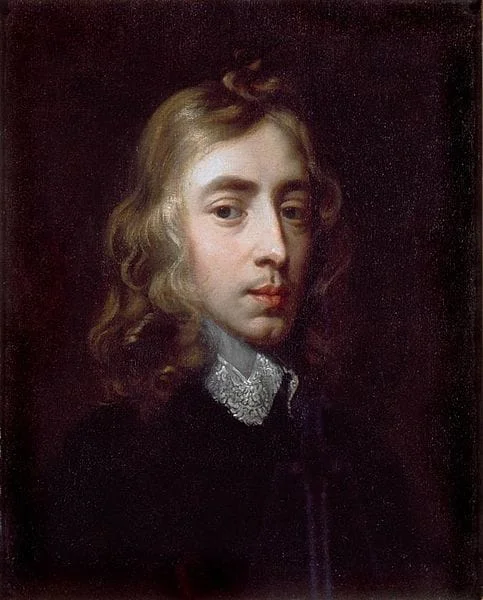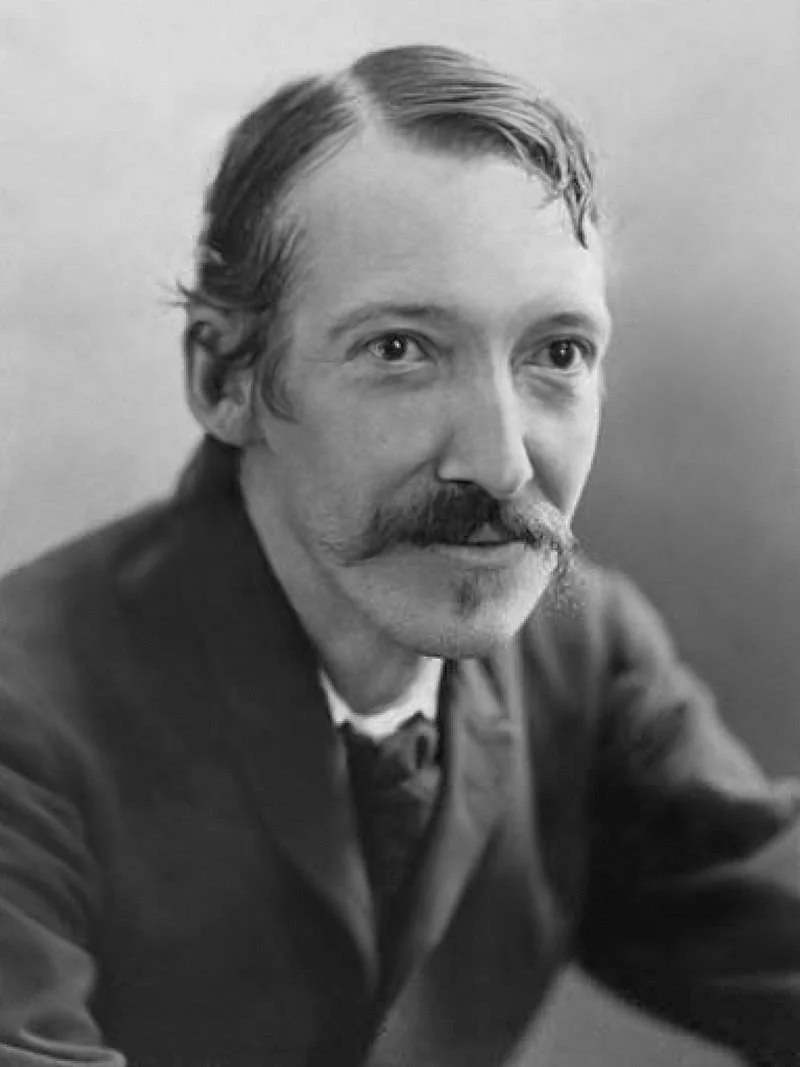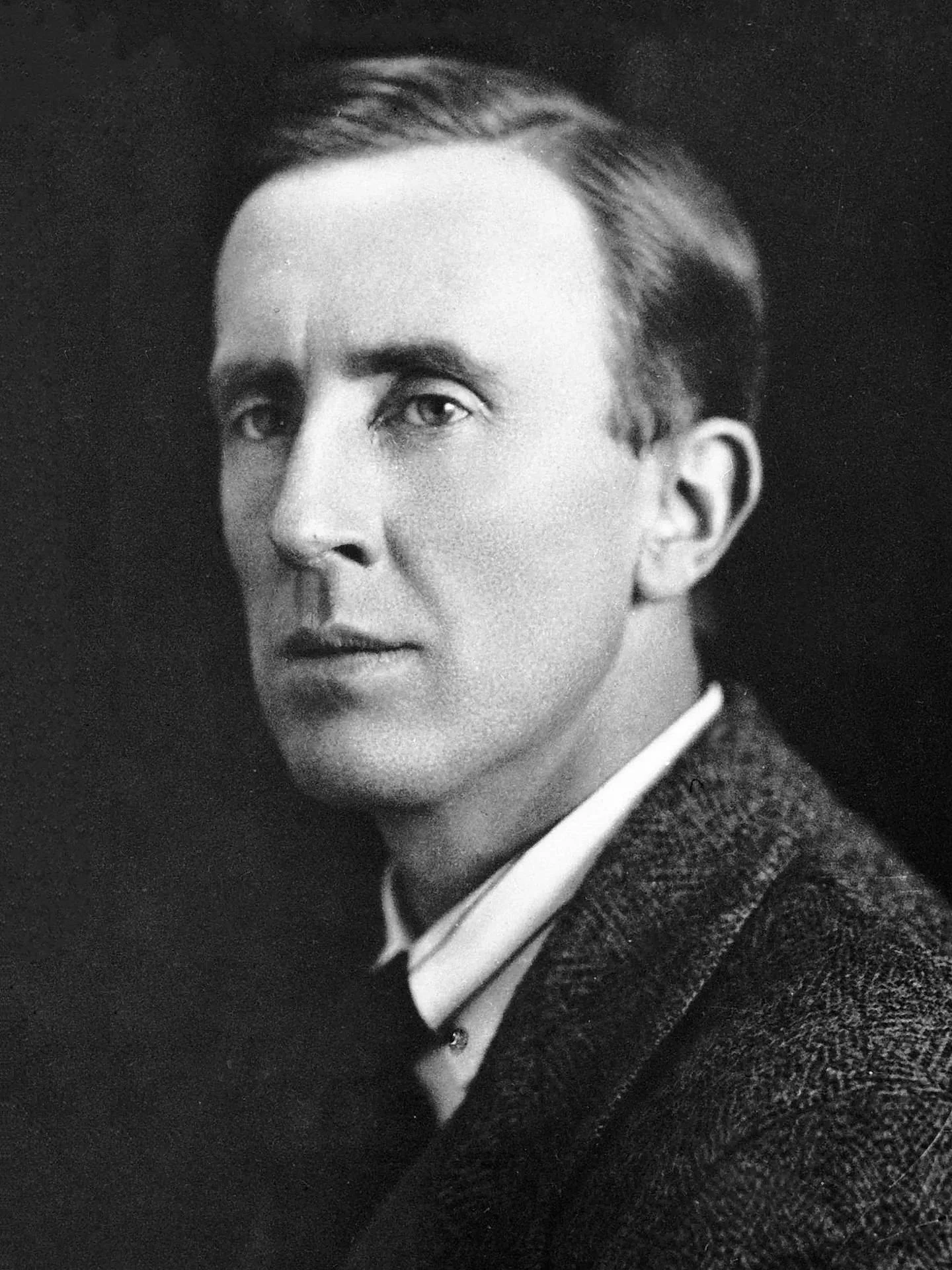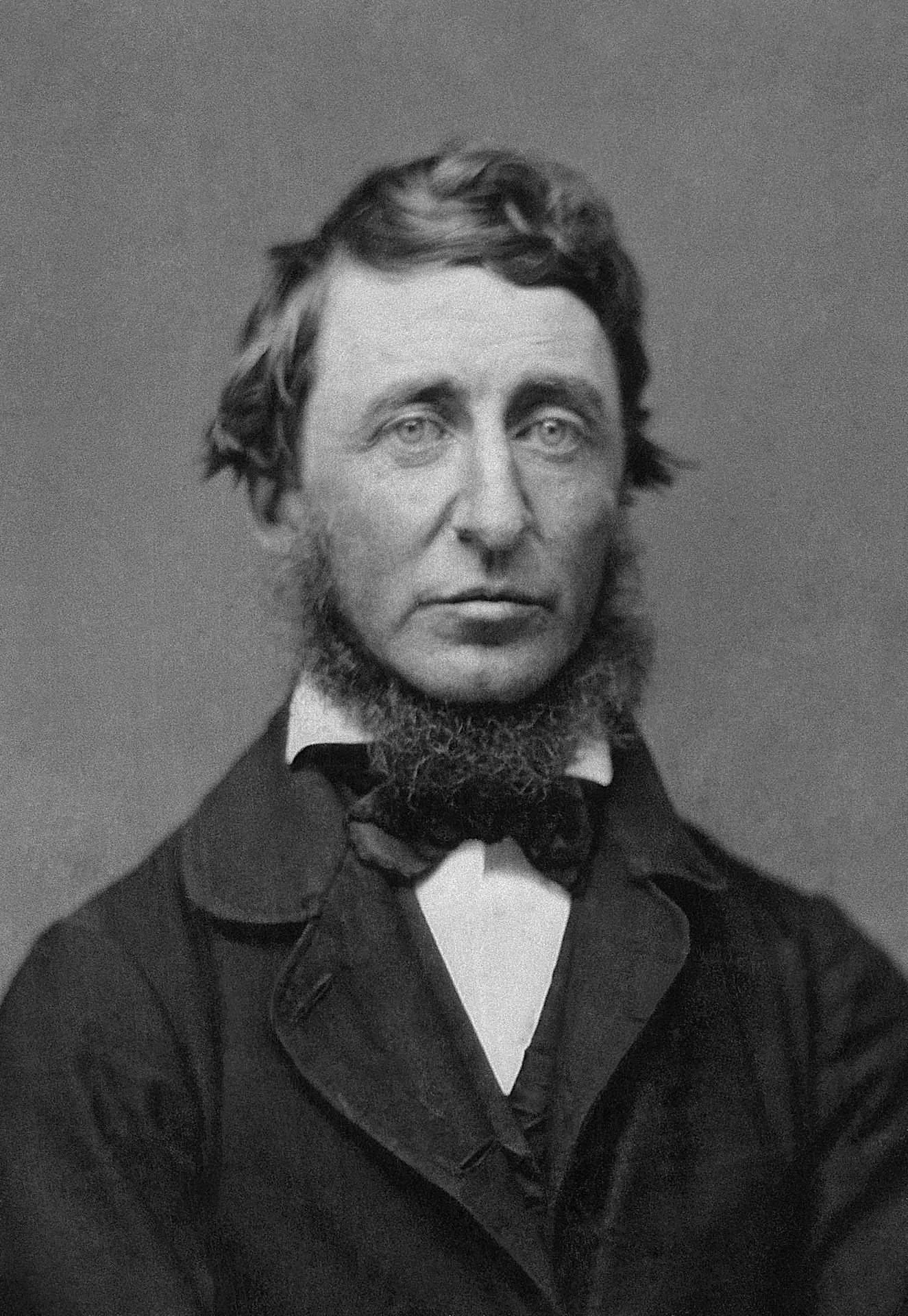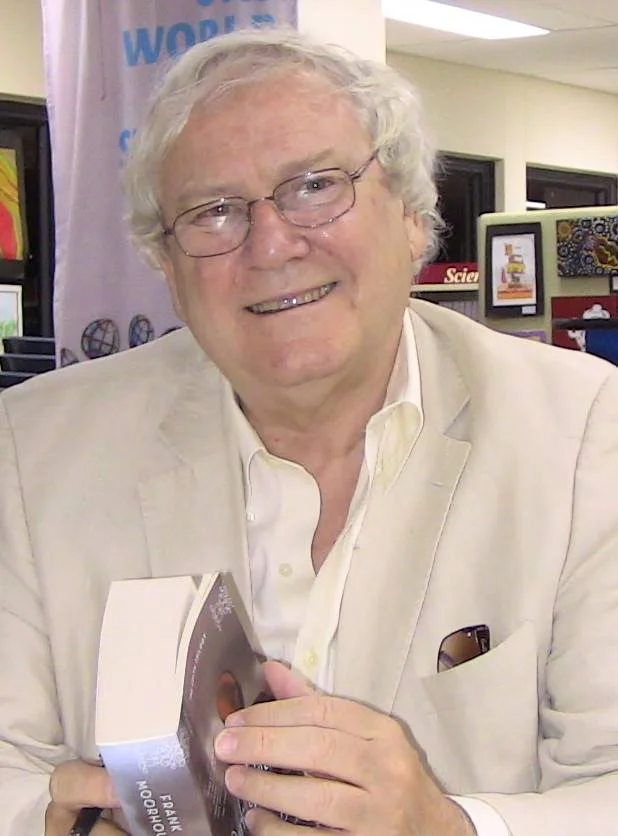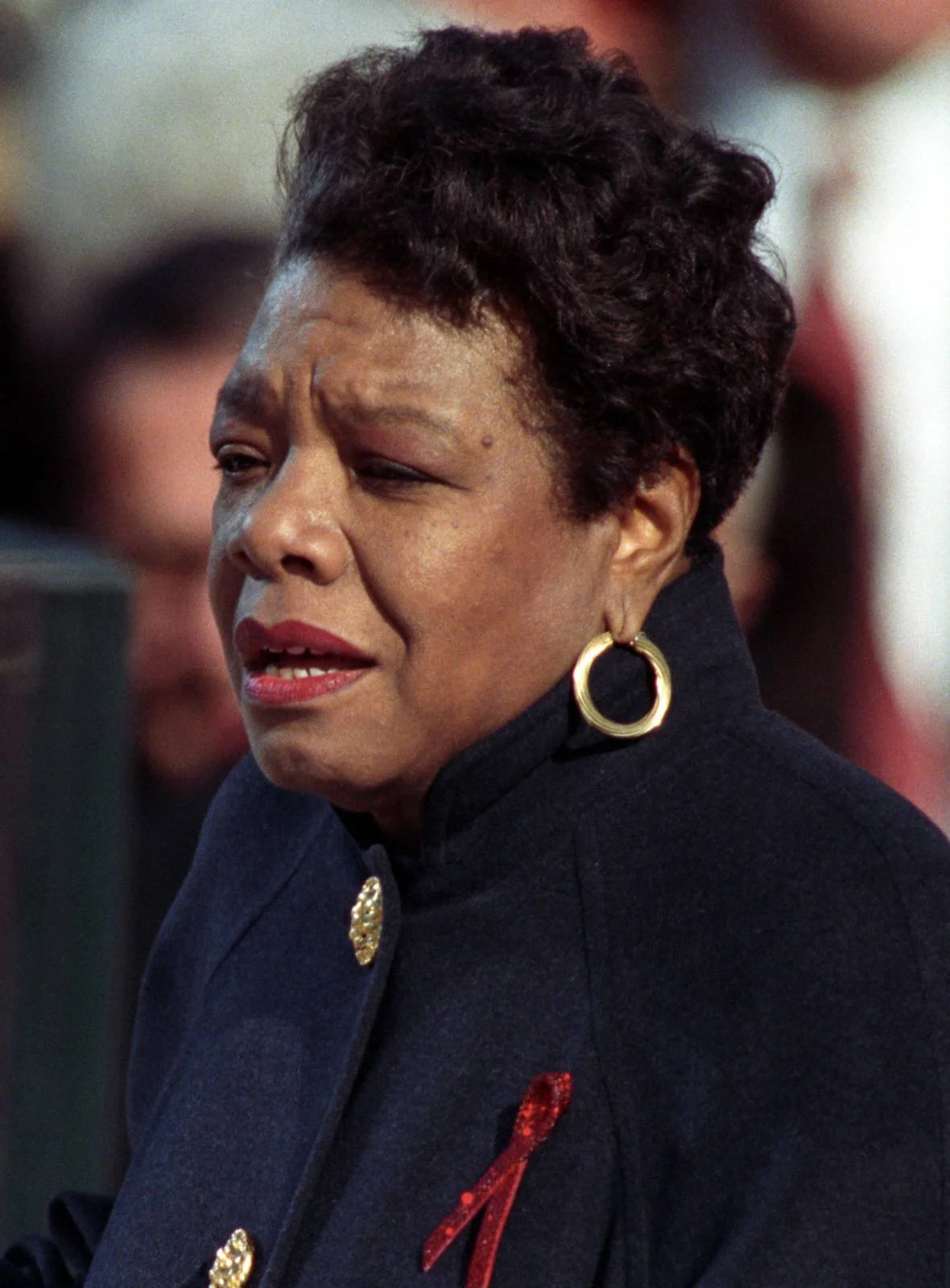Real Celebrities Never Die!
OR
Search For Past Celebrities Whose Birthday You Share
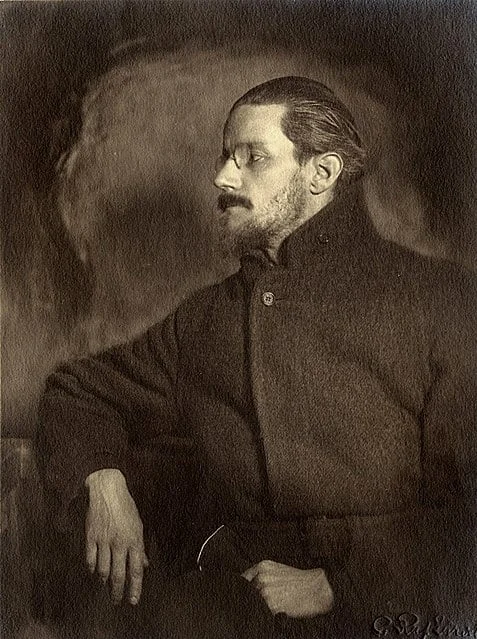
source:wikipedia.org
James Joyce
Birthday:
02 Feb, 1882
Date of Death:
13 Jan, 1941
Cause of death:
Post surgical complications
Nationality:
Irish
Famous As:
Novelist
Age at the time of death:
58
James Joyce's Quote's
Early Life and Education
James Augustine Aloysius Joyce was born on February 2, 1882, in Rathgar, a suburb of Dublin, Ireland. Growing up in a middle-class Catholic family, James Joyce displayed an early aptitude for literature and language. His education journey began at Clongowes Wood College, followed by Belvedere College in Dublin, and later, University College Dublin, where he studied modern languages.
Family Struggles and Early Career
Joyce’s early years were marked by financial challenges, and his family’s socio-economic struggles influenced his writing, notably depicted in his semi-autobiographical novel, A Portrait of the Artist as a Young Man. After graduating from university in 1902, Joyce initially pursued teaching and journalism before dedicating himself fully to his writing.
Partnership with Nora Barnacle
In 1904, James Joyce met Nora Barnacle, and the two began a lifelong partnership. Their relationship became a central theme in Joyce’s work. The couple left Ireland that same year, moving to mainland Europe as Joyce grew dissatisfied with the political and social conditions in Ireland. This self-imposed exile shaped his cosmopolitan perspective, deeply influencing his later writings.
Literary Breakthrough
Joyce’s literary career gained momentum with the publication of Dubliners in 1914, a collection of short stories that captured the essence of Dublin life. However, it was his semi-autobiographical novel, A Portrait of the Artist as a Young Man (1916), that brought him widespread recognition. This novel marked a departure from traditional narrative styles, laying the foundation for his more experimental works.
Masterpiece: “Ulysses” and Modernist Innovation
Joyce’s magnum opus, Ulysses, was published in 1922. Set on June 16, 1904, in Dublin, the novel follows the experiences of its three main characters, paralleling Homer’s Odyssey. Renowned for its stream-of-consciousness narrative, linguistic experimentation, and complex structure, Ulysses established Joyce as a leading figure in modernist literature.
Experimental Endeavors: “Finnegans Wake”
Following the success of Ulysses, Joyce continued to experiment with literary form in his final major work, Finnegans Wake, published in 1939. This complex and highly experimental novel, characterized by its multilingual, pun-laden style, cemented Joyce’s reputation as a literary innovator.
Personal Struggles and Final Years
Despite his literary fame, Joyce’s personal life was fraught with financial struggles and legal challenges due to the explicit content of his works. The difficulties of World War I and II compounded these issues. His daughter, Lucia, suffered from mental health problems, adding further strain to the family.
Death and Legacy
On January 13, 1941, James Joyce passed away in Zurich, Switzerland, at the age of 58. His legacy endures as one of the most significant figures in modernist literature. Ulysses is often hailed as one of the greatest novels of the 20th century, and Joyce’s innovative use of language and narrative continues to influence writers and scholars worldwide.
Name:
James Joyce
Popular Name:
James Joyce
Gender:
Male
Cause of Death:
Post surgical complications
Spouse:
Place of Birth:
Rathgar, Dublin, Irelan, Dublin, Ireland
Place of Death:
Zürich, Switzerland
Occupation / Profession:
Personality Type
Protagonist: Charismatic and inspiring leaders, able to mesmerize their listeners. He was a talented narrator with great storytelling skills.
Joyce had a remarkable command of languages. Besides English, he was fluent in Italian, French, and Latin. His multilingualism is evident in his works, with phrases and references from various languages.
Joyce’s daughter, Lucia, faced mental health challenges, and her condition was a source of great concern for Joyce and his wife, Nora. The struggles with Lucia’s mental health had a profound impact on the Joyce family.
Joyce was known for his unique handwriting. His script was a mix of cursive and print, and he often employed unconventional punctuation.
“Ulysses” faced considerable censorship challenges due to its explicit content. However, Joyce fought for the right to publish his work without censorship. Eventually, the ban on “Ulysses” was lifted in the United States in 1933 and in the United Kingdom in 1936.
Joyce’s works had a profound impact on literature worldwide.
This semi-autobiographical novel is another cornerstone of Joyce’s literary achievements.
Widely regarded as one of the greatest novels ever written, “Ulysses” showcases Joyce’s mastery of language and narrative complexity.

